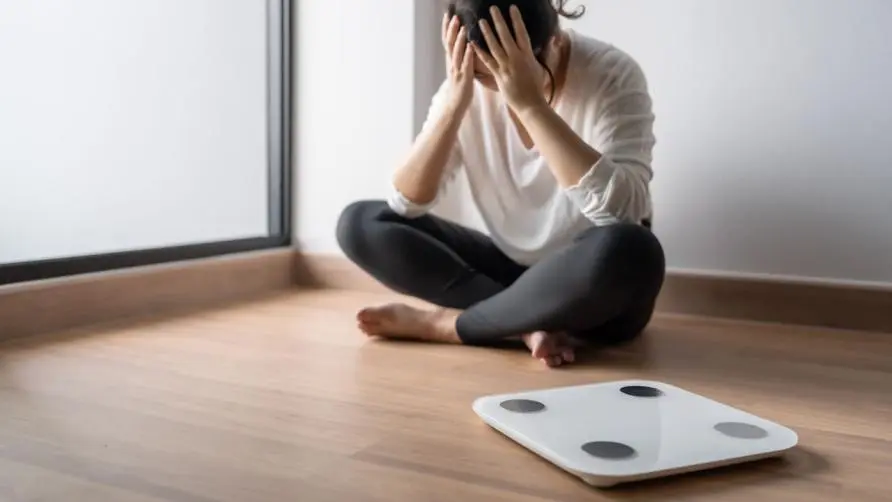Did you gain weight due to stress during the epidemic? How to avoid "emotional eating" and stress obesity

Craving junk food when you are stressed. Emotional eating can make you gain weight.
The epidemic has changed the lifestyle of many people. People have begun to work and attend school at home. In addition, restaurants cannot be used inside and the crowds in wet markets are controlled. Food delivery has become the most popular choice. The result of eating too much take-out food is likely to be a linear increase in weight during the epidemic prevention period. Especially when you need to work from home and take care of your children and elders at the same time, and you have to worry about when the virus will come to your door, your body will naturally increase your intake of high-calorie junk food. This may be “emotional eating” caused by stress, which makes you Entering into the vicious cycle of “stress obesity” every day.
Why does the brain secrete signals when stress causes us to crave junk food more? Harvard Medical School pointed out that the brain will stimulate the reward center response due to the intake of high-fat and high-sugar foods, and any behavior that stimulates reward in the brain will appear again the next time you face physical and mental changes. Therefore, when many people are under pressure, they will subconsciously click on their mobile phones to order a cup of “full sugar milk” or a whole portion of “salty crispy chicken”. The brain craves the feeling of satisfaction after eating delicious food to balance the stress and emotions it is facing at the moment.
The Mayo Clinic points out that when people are at their most emotionally extreme or vulnerable, they also trigger the strongest food cravings. For example, fear, anger, stress, boredom, sadness, depression, excitement, etc., will all cause us to turn to food for comfort consciously or unconsciously. High-calorie, high-fat, and sweet foods are the most satisfying and therefore most likely to flash in the brain during times of stress. Situations that most commonly trigger emotional eating include interpersonal conflicts, work stress, fatigue, financial problems, and health problems. These stressors trigger a variety of emotions that make us more likely to overeat.
Stress increases cortisol, eating delicious food can alleviate the fear of turning into a vicious cycle
Christine Peat, associate professor in the Department of Behavioral Medicine at UNC Medical Center, pointed out that emotional eating is characterized by using food to satisfy emotional needs rather than eating to suppress hunger. This makes it easier for us to choose the foods we “want” rather than the foods we “need”, which also increases the risk of past food intake, weight gain and even other comorbid diseases. In fact, emotional eating is often a short-term escape from long-term emotions or stress. The brain uses eating to “cheat itself”, but the problem that causes stress is not really solved.
In addition, being under a lot of stress can easily increase “cortisol”, which is a hormone known as the “stress hormone”. People who have been in a stressful environment for a long time and gain weight tend to have higher cortisol concentrations in their blood. high. When these people look back on emotional eating, most of them will say: “I feel much better after eating delicious food” and “It seems to be a good way to get rid of depression.” However, in fact, emotional eating only has a short-term effect and leads to obesity, making us more likely to fall into the vicious cycle of “stress obesity”.
Avoid emotional eating and practice stress relief and distraction first
Harvard Medical School recommends that you first understand why you eat before eating delicious food, and you can also use a food diary to record your eating status. Reducing stress is another focus. Yoga, meditation, and regular exercise can help reduce physical and mental stress. Another method that requires five more minutes is to “distract attention” through walking, music, chatting, etc., to divert the current desire to eat food to vent, which can reduce emotional eating behavior.
However, if you are losing weight, or have even strictly restricted your daily caloric intake and only eat the same food every day, without touching delicious food and snacks at all, it may increase psychological stress and have the opposite effect on weight control. You can try to eat a healthy, fresh and balanced diet, and there’s no harm in enjoying a hearty meal once in a while. Remember, weight control is always “too much is not enough”. Don’t let eating become a kind of psychological pressure. Maybe it will help you lose weight more easily!
Image source: Shutterstock





